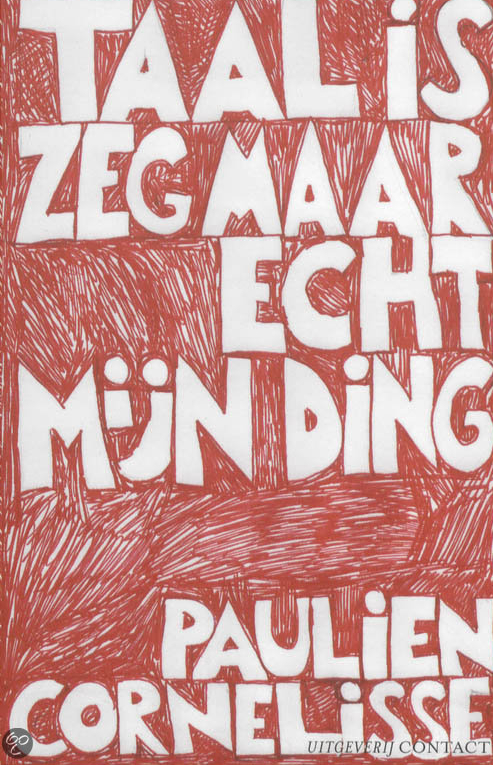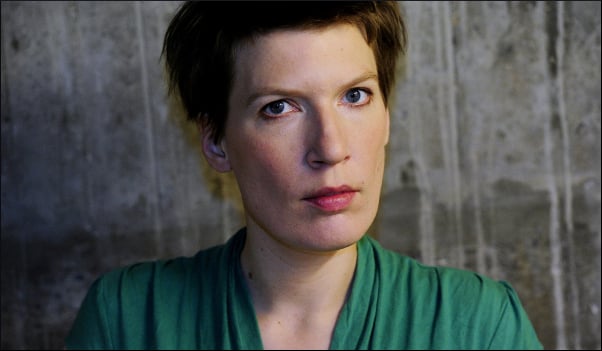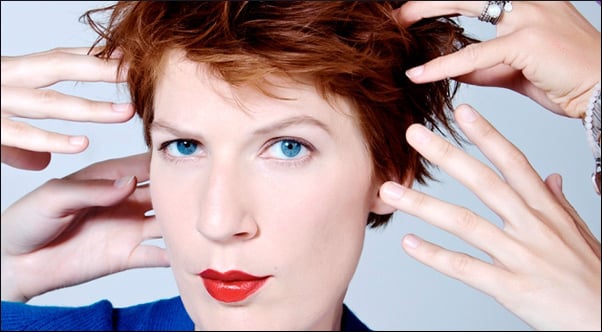
- Language is Like Really My Thing
- Published by: Uitgeverij Contact
- Level: Beginner
- First Published in: 2009
A hilarious collection of stories examining how we use language, particularly in the Netherlands.
“People think language was invented so we could understand each other better […] I feel that language causes more confusion than clarity.” This is an excerpt from the introduction to Paulien Cornelisse’s book Taal is zeg maar echt mijn ding, which lays the foundation for an hilarious collection of stories examining how we use language, particularly in the Netherlands. The title is a joke in and of itself, and its truest translation would read: “Language is like really my thing.” This book doesn’t deal with how people should speak to one another, but with how they actually do so inadvertently.

In fact, the title directly touches on some words the Dutch like to use ambiguously: “echt” (real[ly]) and “ding” (thing). The word “ding” is very versatile. Its traditional meaning is “inanimate object,” but it can also describe a person – like in the idiom “lekker ding,” meaning “a beautiful woman (or man)” –, an event, a situation, or even a feeling. “Je eigen ding doen is het belangrijkste” (Doing your own thing is what’s most important) is a phrase the author attributes to what she calls a “boyish man.” So, in this case, “ding” can mean “staying true to oneself” or “one’s passion.” It can also be used in a negative way: “Om helemaal bij haar ouders te gaan eten, dan wordt het echt zo’n, zeg maar, ding” (To have dinner at her parents’, that would make it a real, like, thing). Here, “ding” adds weight to the event of having dinner at his girlfriend’s parents’ house.
"This book doesn’t deal with how people should speak to one another, but with how they actually do so inadvertently."
Also, in other occasions, combined with the typical Dutch diminutive suffix “tje,” it can even denote something cute: “een dingetje” (a little thing). The other word that pops up in nearly everyone’s speech is “echt” (real[ly]). The author thinks about this word when she hears it in a public apology by the president of the national football association: “Sorry, nee echt sorry” (Sorry, no really sorry), as if the first “sorry” were not authentic. Also, when the author’s friend denies speaking with any kind of accent or dialect, she says “ech nie” (no way), which is obviously a southern Netherlands accent, as people from there tend to drop the “t” from word endings. In common Dutch, it would be “echt niet.” This book is an interesting and, at times, hilarious look at the Dutch language, both for outsiders and native speakers. Language is indeed a strange thing, filled with exceptions to rules and suspensions of logic. Try wrapping your head around this one: “Universiteit is niet het tegenovergestelde van diversiteit. Waarom is dat?” (University is not the opposite of diversity. Why is that?).

